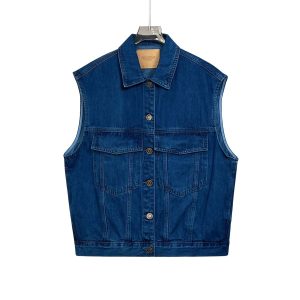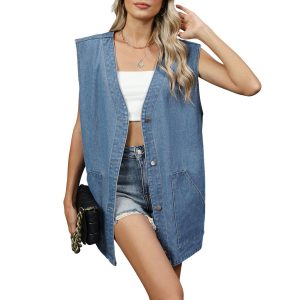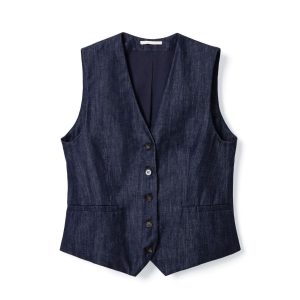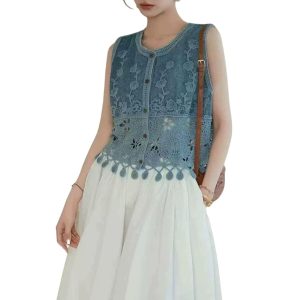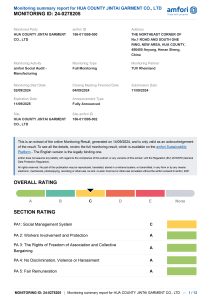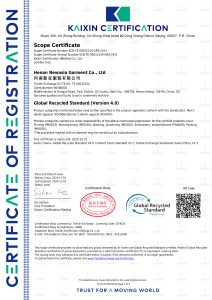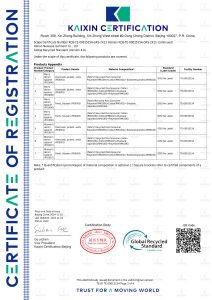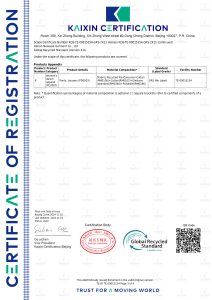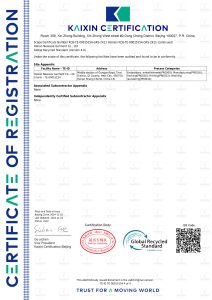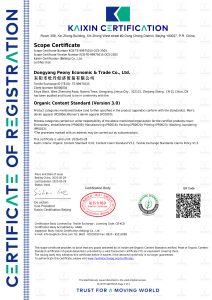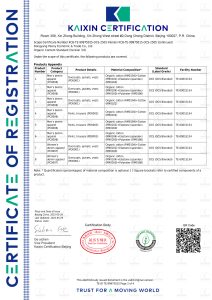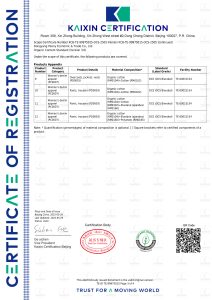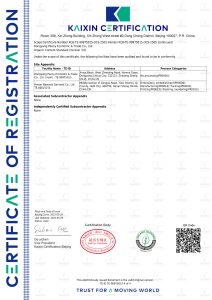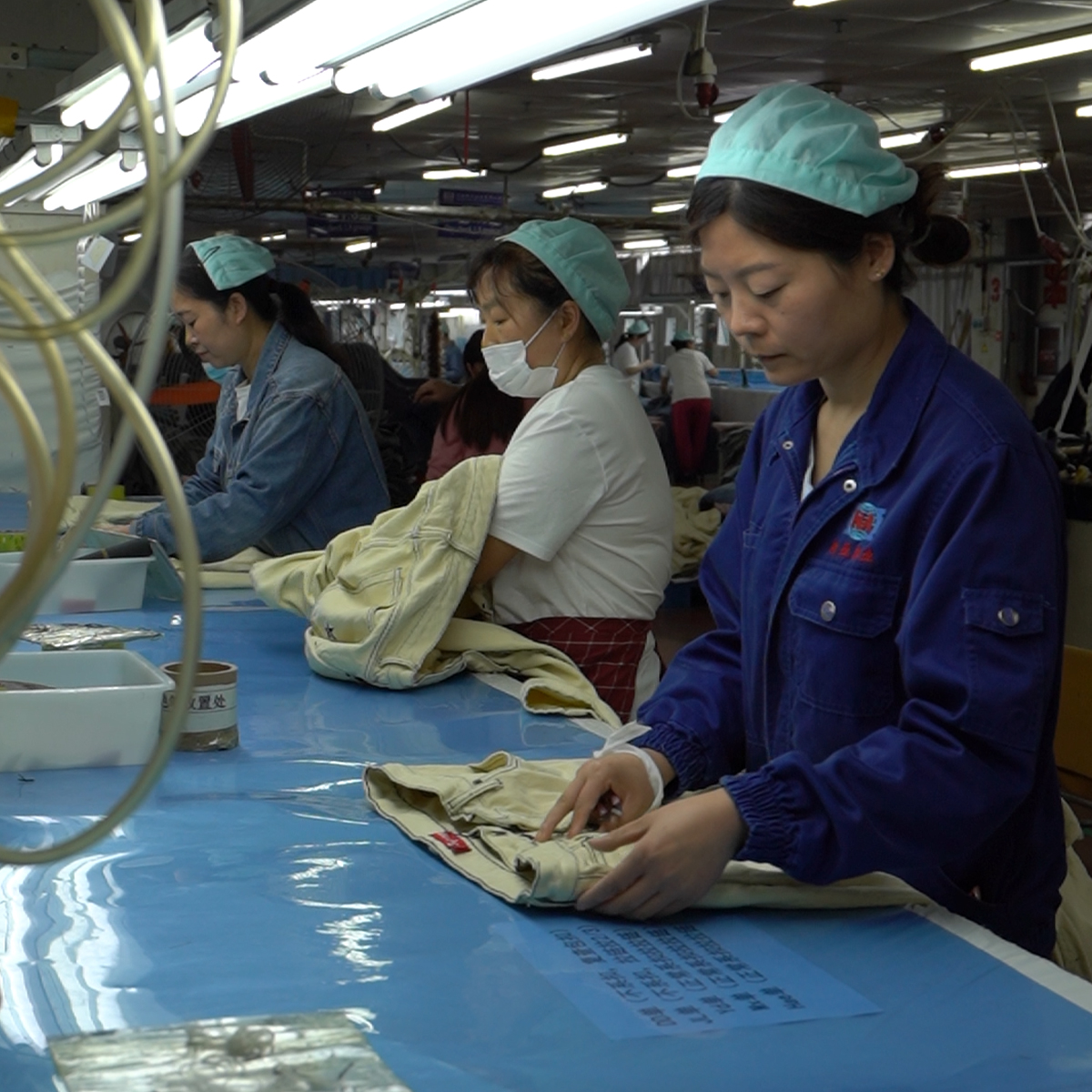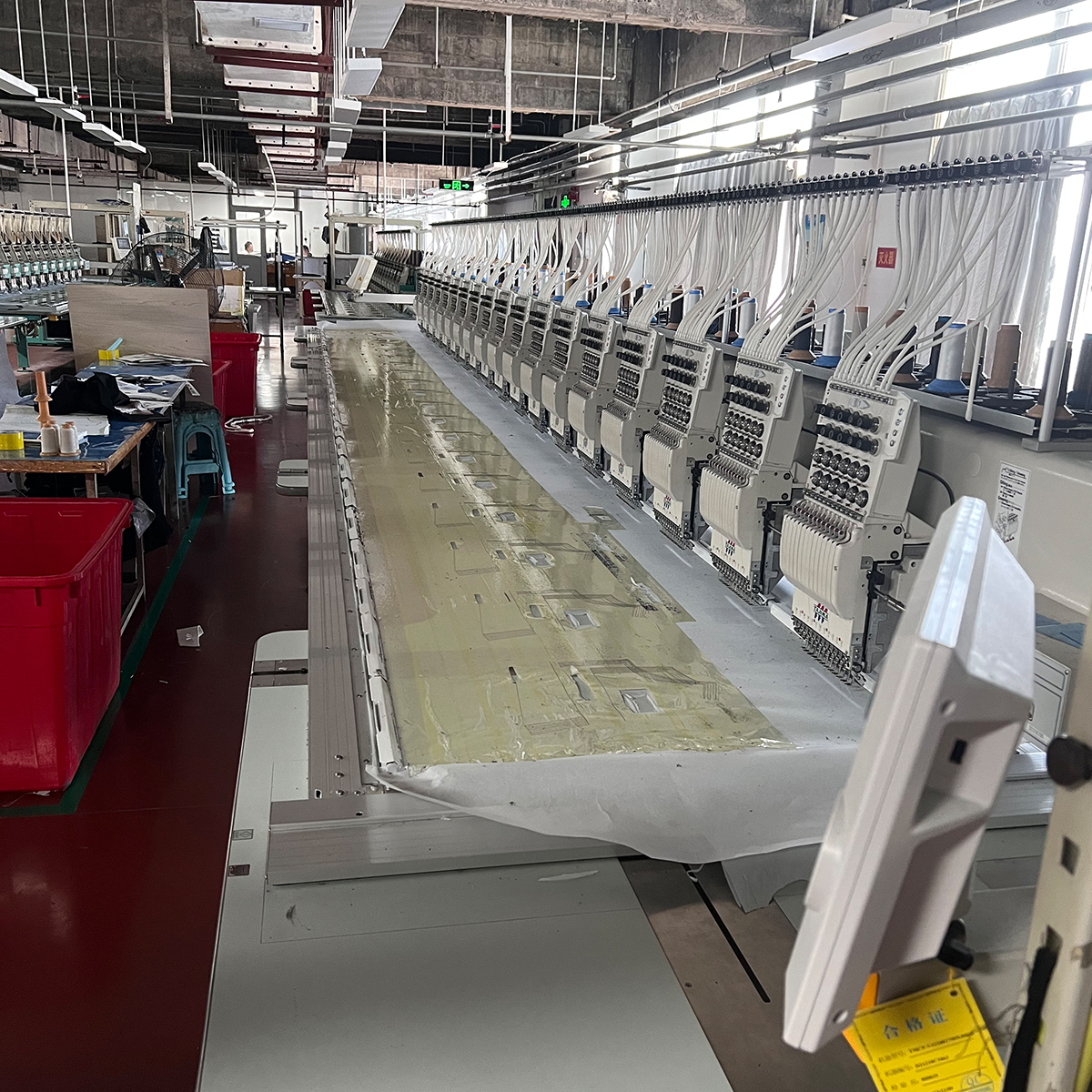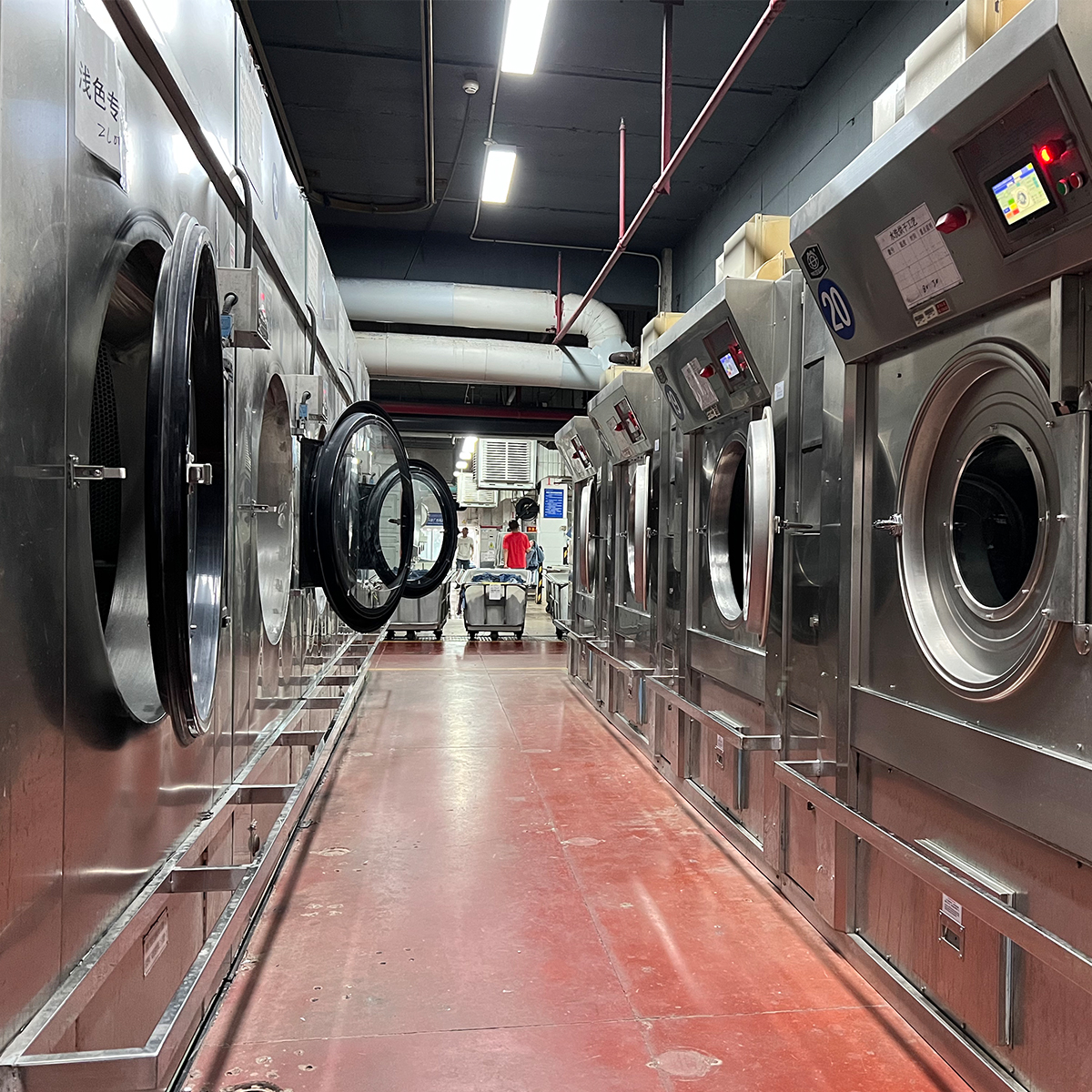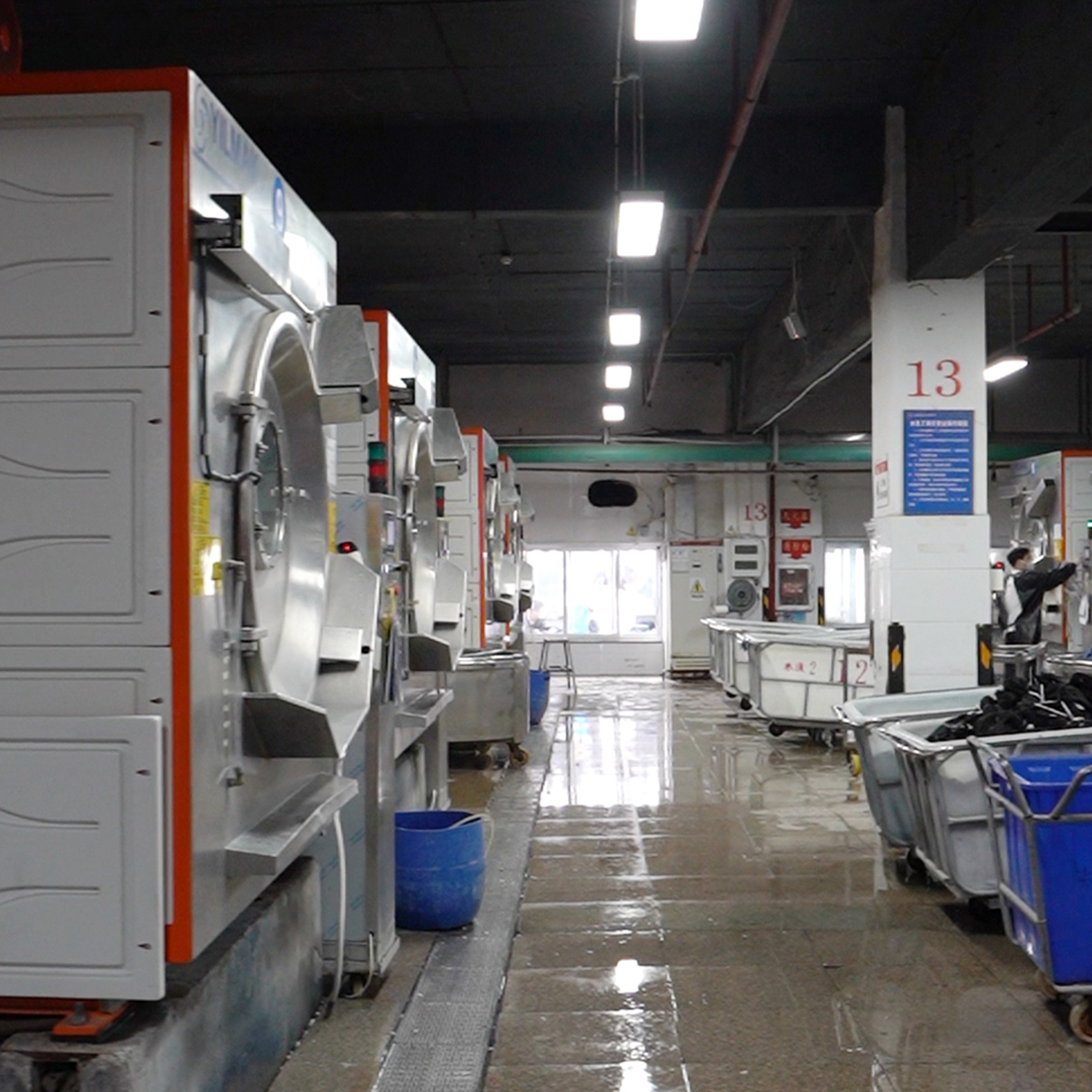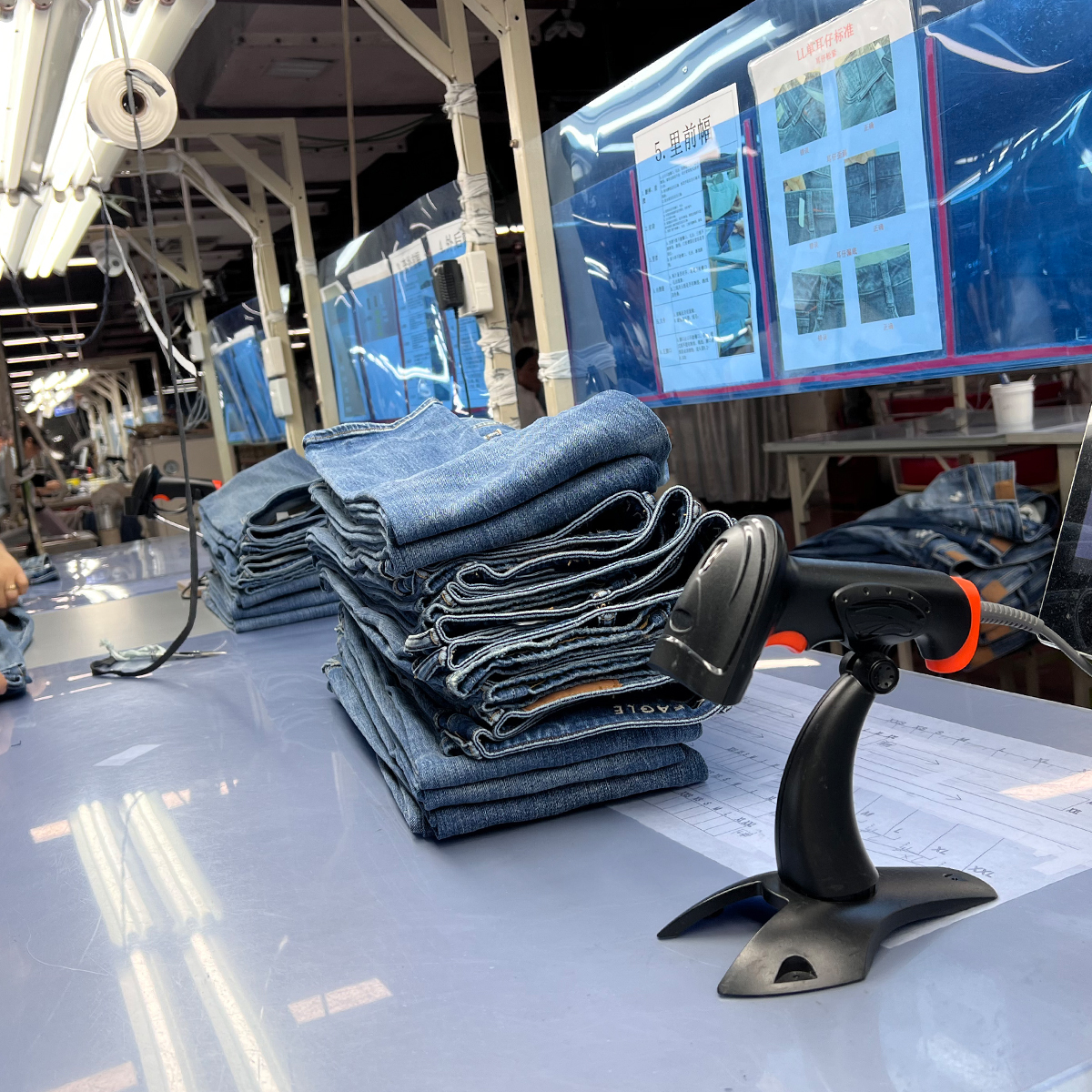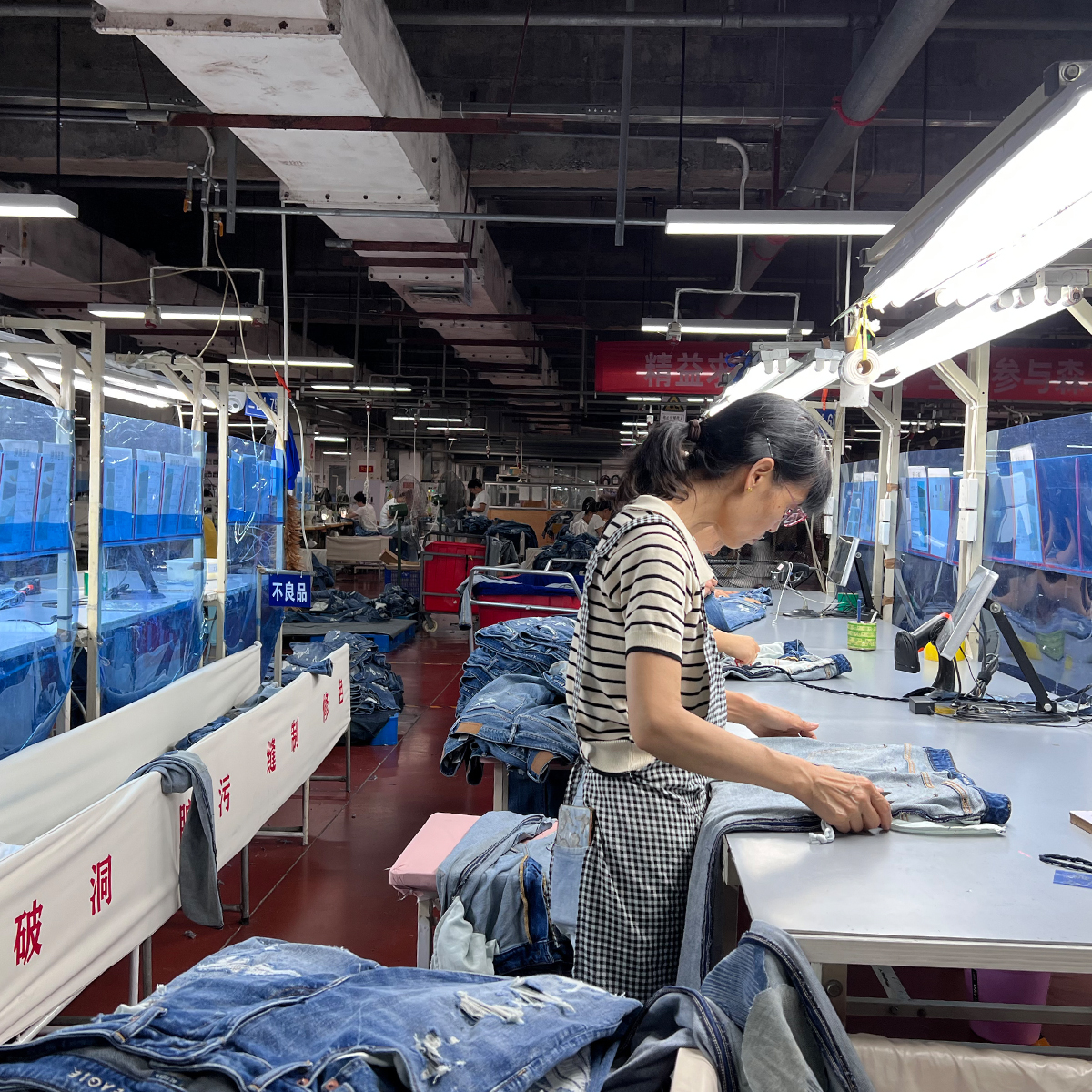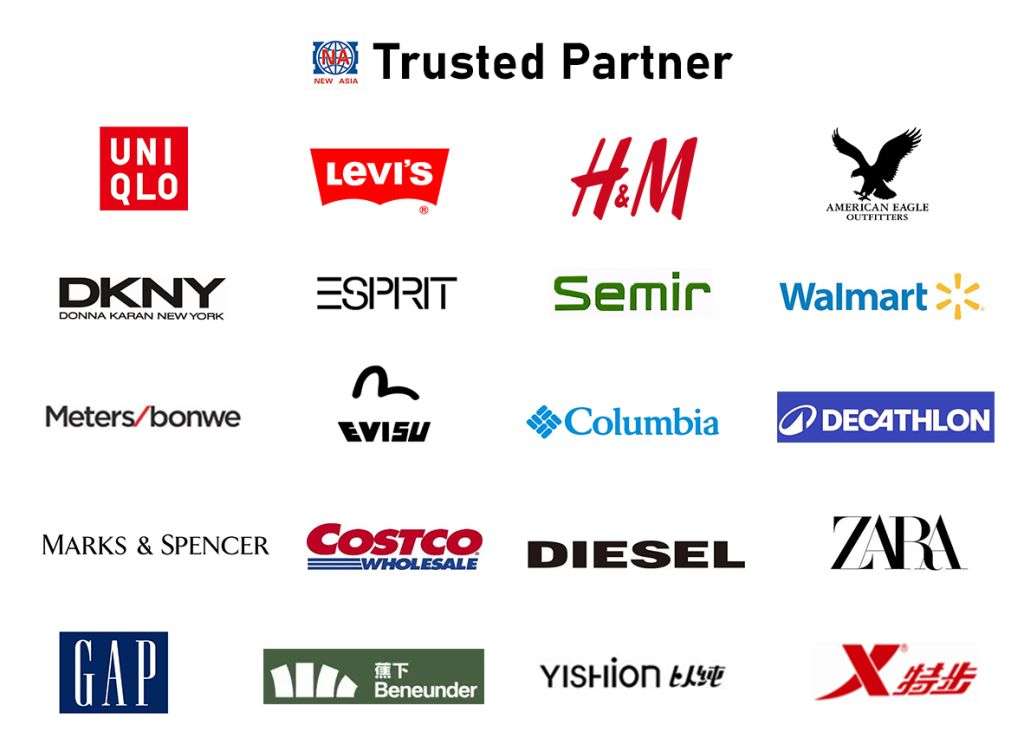Starting a small clothing line can be an exciting yet challenging venture. Whether you’re an aspiring fashion designer or an entrepreneur looking to break into the apparel market, the choice of the right manufacturer is pivotal. In this guide, we’ll explore tips for selecting the best small clothing line manufacturers that align with your vision, budget, and business objectives.
1. Understanding Your Production Needs
Before you dive into the world of clothing manufacturers, it’s crucial to assess your production needs. Take the time to define your clothing line’s concept, target audience, and production scale. Consider the following aspects:
- Types of garments: Will you be creating activewear, streetwear, formal clothing, or sustainable fashion?
- Order quantity: Are you looking for short runs or bulk production? This will affect your choice of manufacturers.
- Material requirements: What fabrics and materials will you be using, and does the manufacturer have experience with these?
2. Researching Potential Manufacturers
The search for the right manufacturer can start online. Use platforms like Google, social media, and forums dedicated to fashion entrepreneurship to compile a list of potential manufacturers. Popular platforms include:
- Alibaba: A well-known marketplace showcasing a variety of manufacturers from around the world.
- Maker’s Row: A platform connecting businesses with U.S.-based manufacturers.
- ThomasNet: A comprehensive database that allows you to search for manufacturers in a variety of sectors.
As you gather potential candidates, visit their websites, check for their product portfolios, and read customer reviews to gauge their credibility and track record.
3. Evaluating Manufacturers’ Capabilities
Once you have a shortlist, it’s essential to evaluate each manufacturer’s capabilities. This can involve some key factors:
- Experience and Expertise: Look for manufacturers who specialize in your type of garments. Review their experience in dealing with similar projects.
- Quality Control Practices: Inquire about their quality assurance processes. How do they ensure that the final products meet standard quality requirements?
- Technology and Equipment: Ensure that they are equipped with modern machinery suitable for fabric cutting, sewing, and finishing processes.
- Lead Times: Ask about their production lead times to ensure they can meet your deadlines.
4. Requesting Samples and Prototypes
Don’t hesitate to request samples or prototypes before committing to a manufacturer. This step is crucial to assess the quality of their work and the accuracy of their production capabilities. When evaluating samples, pay attention to:
- Stitching quality and durability
- Fabric feel and overall comfort
- Color accuracy and finishing details
Getting physical samples can also help you decide if the manufacturer aligns with your brand’s aesthetic.
5. Communication and Customer Service
Effective communication is vital in every business relationship, especially with your manufacturer. Ensure that they are responsive and open to discussions about your vision. Here are some points to consider:
- Language Barrier: Ensure that the lines of communication are clear. It’s ideal to work with a manufacturer that understands your ideas.
- Time Zone Considerations: Be mindful of the geographical location of your manufacturer and the time zone differences that might affect communication.
- Transparency: Verify that the manufacturer provides transparent information about processes, pricing, and potential challenges.
6. Understanding Pricing Structures
Pricing can vary significantly from one manufacturer to another. Consider the following while reviewing quotes:
- Unit Price: What is the cost per unit, and how does it change with larger orders?
- Additional Costs: Be aware of any hidden fees such as setup costs, shipping, and handling.
- Payment Terms: Discuss payment timelines and methods. Is it a partial upfront payment, or do they require full payment before production?
7. The Importance of Sustainability and Ethical Practices
As consumers become more conscious of the impact of fashion on the environment and society, it’s essential to consider sustainability and ethics in your manufacturing process. When selecting a manufacturer, ask about:
- Sourcing of Materials: Are the materials eco-friendly and sustainable?
- Labor Practices: Ensure that the manufacturer follows fair labor practices and has a good working environment for their employees.
- Certifications: Look for manufacturers with certifications that demonstrate their commitment to sustainability (e.g., GOTS, OEKO-TEX).
8. Building a Long-Term Relationship
If you find a manufacturer who meets your requirements, consider building a long-term partnership. A reliable manufacturer can contribute greatly to your brand’s success. Maintain an open line of communication and foster a collaborative relationship by:
- Providing feedback on products and services.
- Sharing your growth and future plans, allowing them to adapt to your evolving needs.
- Exploring opportunities for co-development of exclusive lines or special collections.
9. Navigating Legal Agreements
Before partnering with a manufacturer, ensure that legal agreements are intact. Legal considerations include:
- Intellectual Property Rights: Protect your designs and trademarks through appropriate legal measures.
- Partnership Terms: Clearly outline the terms of your partnership, including responsibilities related to production timelines, quality, and payment terms.
- Dispute Resolution Mechanisms: Discuss how disputes will be handled if they arise during the partnership.
10. Final Thoughts
The journey of starting a small clothing line is not without its hurdles, but choosing the right manufacturer can set the foundation for your success. By understanding your needs, researching potential manufacturers, and fostering solid relationships, you can create a clothing line that resonates with your target audience and stands out in the competitive fashion landscape. Continue to innovate and stay ahead of industry trends, and remember that your choice in manufacturing partners is key to achieving your business dreams.



